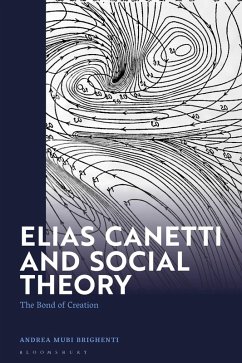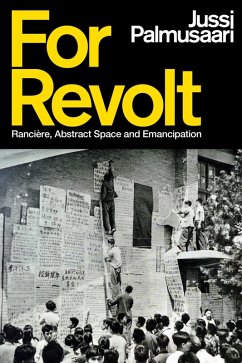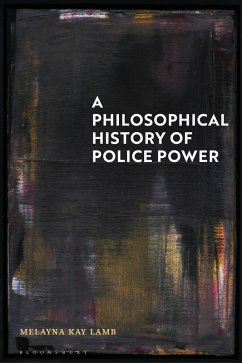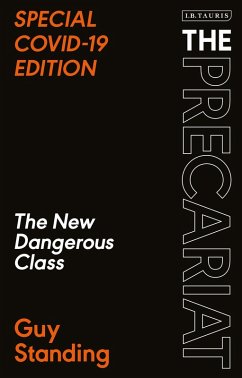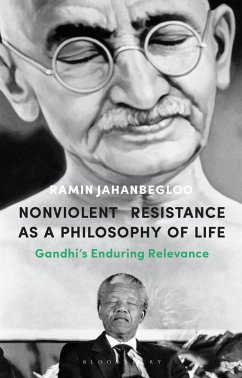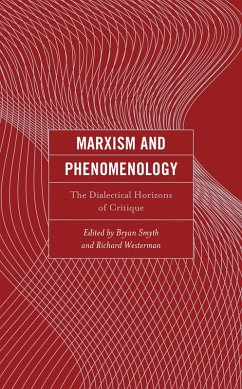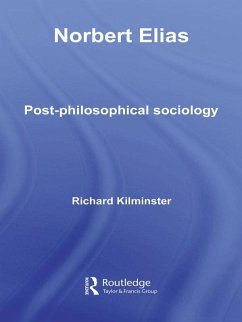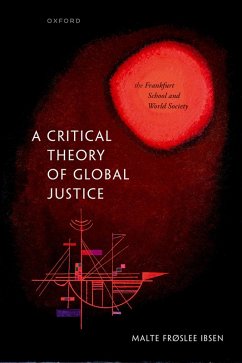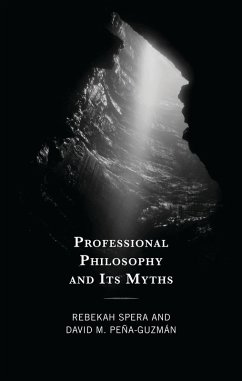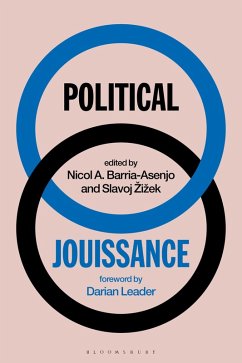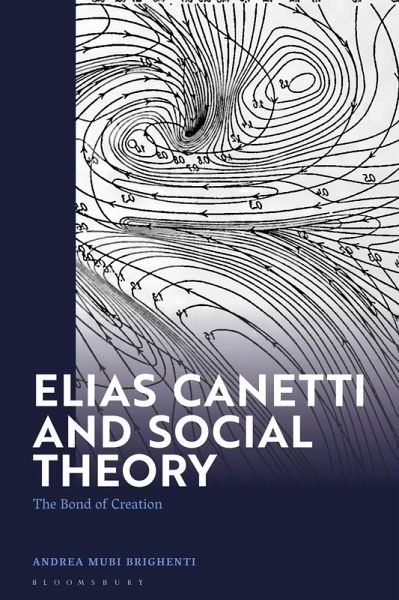
Elias Canetti and Social Theory (eBook, PDF)
The Bond of Creation
Versandkostenfrei!
Sofort per Download lieferbar
24,95 €
inkl. MwSt.
Weitere Ausgaben:

PAYBACK Punkte
12 °P sammeln!
Elias Canetti is a key thinker in the trend towards the renewal of social theory for the 21st century. He is increasingly being recognised in the social and political sciences for the seminal text, Crowds and Power (1960). While this work can sometimes be criticised for its alleged anti-historicity, anti-modernism, fixation on death, and a dark vision of humankind, Crowds and Power can, in fact, be interpreted as a study and a critique of the mono-dimensionality and the obsessiveness of power. In Canetti's own words, it is an attempt 'to find the weak spot of power' and, ultimately, an invitat...
Elias Canetti is a key thinker in the trend towards the renewal of social theory for the 21st century. He is increasingly being recognised in the social and political sciences for the seminal text, Crowds and Power (1960). While this work can sometimes be criticised for its alleged anti-historicity, anti-modernism, fixation on death, and a dark vision of humankind, Crowds and Power can, in fact, be interpreted as a study and a critique of the mono-dimensionality and the obsessiveness of power. In Canetti's own words, it is an attempt 'to find the weak spot of power' and, ultimately, an invitation to recognise and explore the endless richness of human transformations. Elias Canetti and Social Theory argues that the alleged anti-modernism of Canetti actually makes him more contemporary than many contemporary social-political thinkers. It deals with key concepts within socio-political theory including: commands, increase, resistance, and commonality. Each of these ideas is connected with real, lived social realities making this book a compelling argument for Canetti's crucial relevance today.




